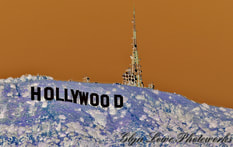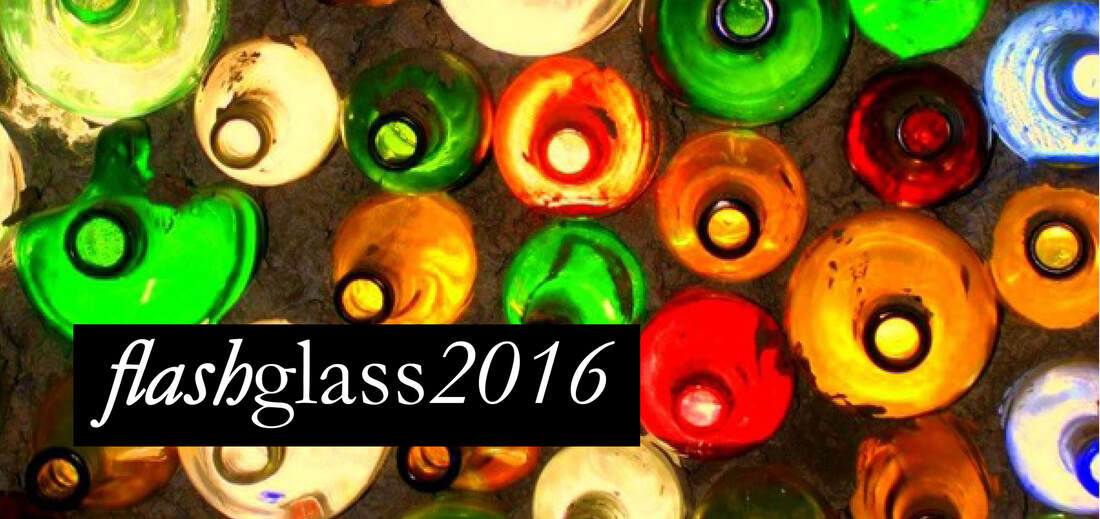 A man broke into the cigarette-smelling, moldy room of the halfway house on Western Avenue in Hollywood in 1972. My grandfather lay on the bed, with his one leg, his dark-dyed hair, his fine-cut houndstooth jacket, his stained wool pants, passed out, an empty bottle of brandy lying on the wooden floor. His paintings were stacked in the corner, beside a cigar box overflowing with gold chains, pins, diamond cufflinks. These were the only things my grandfather had left. The man, after glancing around the room, lifted a wooden chair and brought it down on my grandfather’s head. The man didn’t need to do that that little bit of violence, but I imagine that he wanted to make sure the stinking lout was dead. Then he gathered up the paintings, the jewelry, and cut out of there, into the dizzyingly bright sunlight. At a pawn shop down the street, he translated the booty into cash. And that was that. The police report later said it had been blunt force trauma, with a motive of robbery, that killed my grandfather. But it could just as well have said Nazis, or the Holocaust, or alcohol, or terror, or malnutrition, or loss of his family, or confusion, or the many other undiagnosable ills and accumulated plagues of a life. But maybe the police report summed it up as well as it could be summed up, after all. Blunt force trauma. “He was always a ladies’ man,” my great-aunt Irene, his little sister, told me once when I visited her. She wore a flowing, flowery dress, heavy European perfume, and bright red lipstick, and she talked in a thick Hungarian accent. “He’d keep the phone on the piano day or night, in Budapest, waiting for the calls.” That was before the war, before he went into hiding, before the family lost the deli and the house, before they went to displaced persons’ camps, before they crossed the Atlantic, before Alabama, before California, before the divorce, before the gangrene, before the halfway house. This, then, is how it ends. This is the final stop. In Hollywood, in a small, urine-soaked room, on a hot summer day, the sun rising to a crescendo over the smoggy city, the limitless future stretching ahead like a glistening freeway.
1 Comment
12/3/2016 09:02:49 pm
You inspire me Vivian. Good writing can be simple and straightforward. Nothing fancy here. Just give me the story, just like you've done. I see it. I feel it. Nice work.
Reply
Leave a Reply. |
FLASH GLASS: A MONTHLY PUBLICATION OF FLASH FICTION, PROSE POETRY, & MICRO ESSAYSCategories
All
Cover Image:
|
|
Glassworks is a publication of Rowan University's Master of Arts in Writing 260 Victoria Street • Glassboro, New Jersey 08028 [email protected] |
All Content on this Site (c) 2024 Glassworks
|



 RSS Feed
RSS Feed
